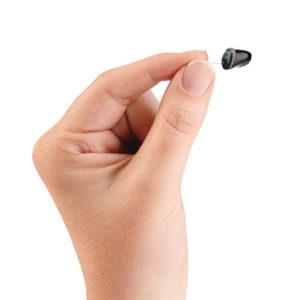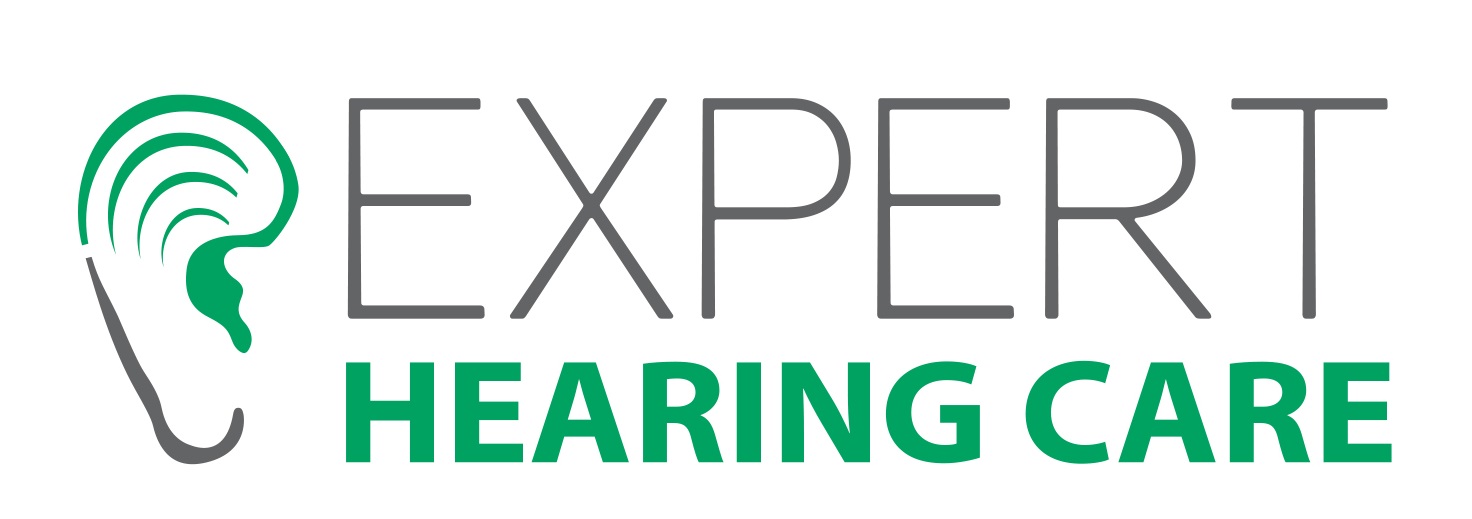Do hearing aids for tinnitus actually work in getting rid of the annoying noise in your head that others can’t hear? Hearing aids are not a cure for tinnitus but they can help in reducing the perception of symptoms associated with tinnitus.

Identifying Tinnitus Symptoms
Tinnitus is the sound in your head that you can hear but others cannot. Tinnitus noise manifests as buzzing, hissing, humming, ringing screeching, whooshing or even musical sound. Different people experience different types of noise and the intensity can vary from person to person. For some people, the noise is annoying and interferes with their quality of life. This is when most people seek an appointment with an ENT specialist or an audiologist.
Hearing Aids for People with Hearing Loss
Hearing aids for tinnitus are a possible solution when tinnitus is accompanied by hearing loss. In many people, tinnitus is a symptom of hearing loss and a comprehensive hearing test conducted by an experienced audiologist is the best way to determine this. In people suffering from hearing loss and tinnitus, hearing aids help to amplify surrounding sounds and push tinnitus sound to the background. Many people fitted with hearing aids for tinnitus discover that the perceived sounds are gone or are not significant enough to cause annoyance.
Hearing Devices for People without Hearing Loss
Hearing aids for tinnitus may also be recommended for people with hearing in the normal range. For such people, hearing aid models that feature a masker can be extremely beneficial. Hearing aids with maskers introduce relaxing sounds such as white noise, pink noise or sounds of nature may help mask tinnitus noise. In the market, you can find hearing aids with amplification and masking features. These could be apt solutions for people with hearing loss who experience tinnitus symptoms even after being fitted with hearing aids.
As beneficial as hearing aids for tinnitus are in helping to manage the condition, it’s best to consult an experienced audiologist for recommendations that best suit your individual circumstances.
